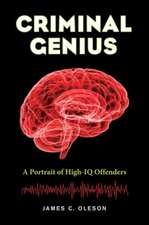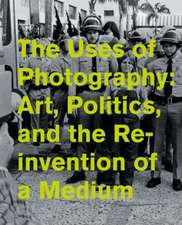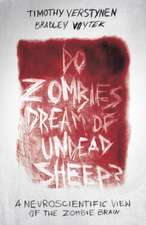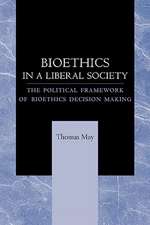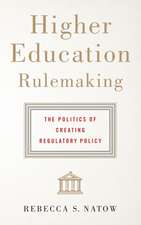Difficult Freedom: Johns Hopkins Jewish Studies
Autor Levinasen Limba Engleză Paperback – 30 iun 2016
Jean Paul Sartre hailed him as the philosopher who introduced France to Husserl and Heidegger. Derrida has paid him homage as master. An original philosopher who combines the insights of phenomenological analysis with those of Jewish spirituality, Emmanuel Levinas has proven to be of extraordinary importance in the history of modern thought. Collecting Levinas's important writings on religion, Difficult Freedom contributes to a growing debate about the significance of religion--particularly Judaism and Jewish spiritualism--in European philosophy. Topics include ethics, aesthetics, politics, messianism, Judaism and women, and Jewish-Christian relations, as well as the work of Spinoza, Hegel, Heidegger, Franz Rosenzweig, Simone Weil, and Jules Issac.
Preț: 240.10 lei
Nou
Puncte Express: 360
Preț estimativ în valută:
45.95€ • 47.68$ • 38.40£
45.95€ • 47.68$ • 38.40£
Carte tipărită la comandă
Livrare economică 17-31 martie
Preluare comenzi: 021 569.72.76
Specificații
ISBN-13: 9780801857836
ISBN-10: 080185783X
Pagini: 320
Dimensiuni: 140 x 215 x 20 mm
Greutate: 0.37 kg
Editura: Johns Hopkins University Press
Seria Johns Hopkins Jewish Studies
Locul publicării:Baltimore, United States
ISBN-10: 080185783X
Pagini: 320
Dimensiuni: 140 x 215 x 20 mm
Greutate: 0.37 kg
Editura: Johns Hopkins University Press
Seria Johns Hopkins Jewish Studies
Locul publicării:Baltimore, United States
Descriere
Jean Paul Sartre hailed him as the philosopher who introduced France to Husserl and Heidegger. Derrida has paid him homage as "master." An original philosopher who combines the insights of phenomenological analysis with those of Jewish spirituality, Emmanuel Levinas has proven to be of extraordinary importance in the history of modern thought. Collecting Levinas's important writings on religion, Difficult Freedom contributes to a growing debate about the significance of religion―particularly Judaism and Jewish spiritualism―in European philosophy. Topics include ethics, aesthetics, politics, messianism, Judaism and women, and Jewish-Christian relations, as well as the work of Spinoza, Hegel, Heidegger, Franz Rosenzweig, Simone Weil, and Jules Issac.






